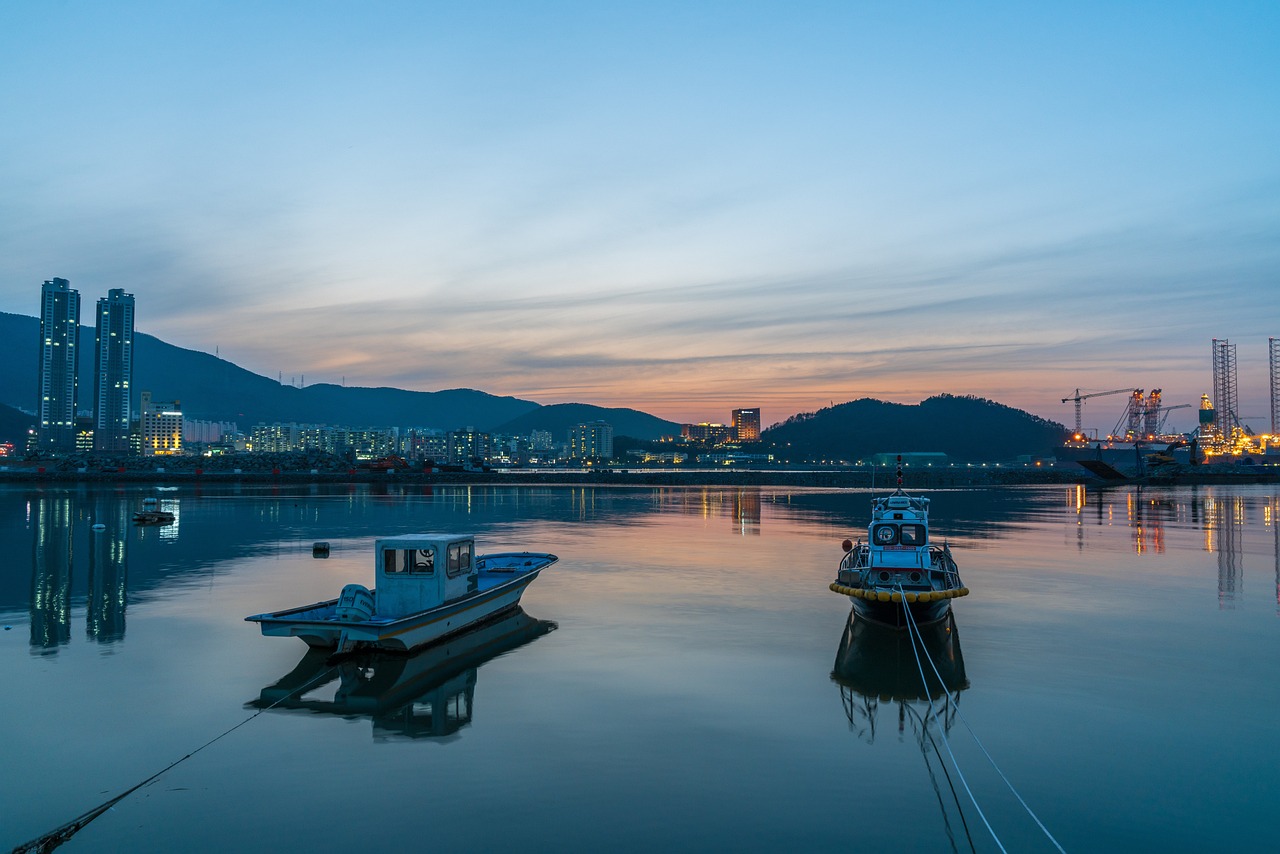Is Genoa dangerous? When it comes to Genoa safety, it is important to consider a variety of factors that can affect the overall safety of the city. Genoa is a bustling port city located in the Liguria region of Italy, known for its rich history, culture, and beautiful architecture. However, like any large city, it also has its share of dangers and risks. In this article, we will take a closer look at some of the most common causes of injury and natural dangers in Genoa, as well as the best and worst times of the year for weather-related safety concerns. We will also examine crime in Genoa, including data on crime rates and specific areas of the city that are known to be dangerous or safe.
Common Causes of Injury
One of the most common causes of injury in Genoa is slips, trips, and falls. The city’s narrow, winding streets and uneven pavement can make it easy to lose your footing, especially in wet or slippery conditions. To avoid injuries from slips, trips, and falls, it is important to pay attention to your surroundings and watch where you are walking. Wearing comfortable, sturdy shoes with good grip can also help to reduce your risk of falling.
Natural Dangers
Genoa is located in a region that is prone to earthquakes and landslides, so it is important to be aware of these potential natural hazards. The city’s buildings and infrastructure are generally well-built and able to withstand earthquakes, but it is still important to know what to do in case of an emergency. In the event of an earthquake, it is recommended to take cover under a sturdy piece of furniture or in a doorway, and to stay away from windows and other hazards.
Weather-Related Safety Concerns
Genoa has a Mediterranean climate, with mild winters and hot summers. The best time of year to visit the city in terms of weather-related safety concerns is during the spring and fall, when the weather is milder and there is less risk of extreme heat or cold. The worst time of year to visit is during the summer, when temperatures can reach over 35 degrees Celsius and there is a higher risk of heat stroke or sunburn.
Crime
When it comes to crime in Genoa, the city generally has a low crime rate compared to other Italian cities. However, like any large city, there are certain areas that are known to be more dangerous than others. The most dangerous areas of Genoa include the neighborhoods of Cornigliano, Marassi, and Bolzaneto, which have higher crime rates than other parts of the city. These areas are best avoided, especially at night. On the other hand, the city center and the neighborhoods of Nervi, Pegli and Quinto are considered to be some of the safest areas in Genoa.
Conclusion
Overall, Genoa is a relatively safe city to visit, with a low crime rate and well-built infrastructure that is able to withstand natural hazards such as earthquakes. However, as with any large city, it is important to be aware of potential dangers and to take precautions to stay safe. Visitors should pay attention to their surroundings, be careful of slips, trips, and falls, and avoid the more dangerous neighborhoods. With these precautions in mind, Genoa can be a wonderful destination for tourists looking to experience the rich history, culture, and beauty of this unique Italian port city.



